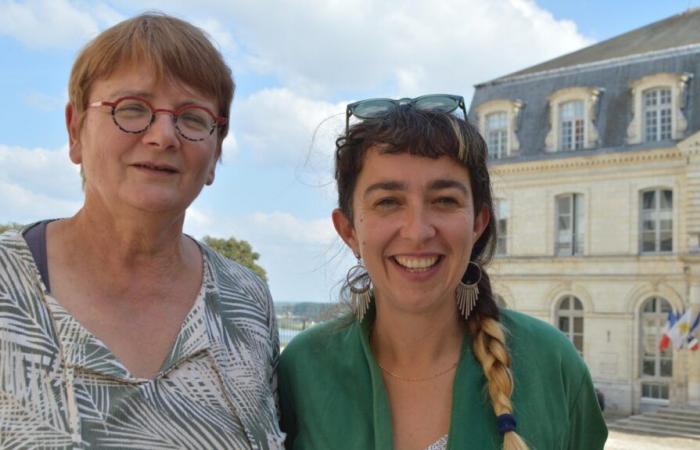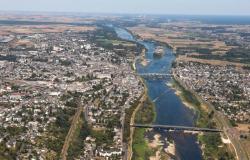Blois city hall is taking a new step towards direct democracy. Following a deliberation by the city council in June, a citizens’ assembly will be set up in a few weeks. It will be made up of forty to eighty Blois residents, two thirds of whom will be volunteers and one third of whom will be drawn at random from the electoral lists. Three elected officials (1) will complete the college. The assembly will work on the theme of intergenerational issues for twelve months. The members will ask themselves this question: “What sharing of time and space between the different generations of Blois?” “The theme was chosen by the municipal majority, it goes well with our campaign theme, living together”explains Pauline Salcedo, municipal councilor delegated to participatory strategy.
“Dealing with the intergenerational issue in its complexity”
In the assembly, there will be all profiles. “We will go and find those we miss”underlines Maroin Khair, from the Local Democracy and Consultative Bodies department.
The location of the meetings has not yet been decided. As for frequency, “We can imagine six to eight plenary sessions, over half-days [le samedi], says Pauline Salcedo. And why not have subgroup meetings? “We wanted flexible systems”summarizes Maroin Khair.
The local democracy service will lead the debates, with the support of the private firm Open Democracy. “There will be a clear framework and a facilitation technique that will ensure that everyone has a say, underlines the municipal councilor delegated to the participatory strategy. We will allow the assembly to deal with the subject in its complexity. We will look at the points that are being debated, and we will explore them further.”
At the end of the twelve months, recommendations will be made. “Perhaps the debates will result in a very specialized proposal, perhaps it will be broader.” The municipality will then respond to each proposal and explain its choice to retain it or not.
“Finding places for debate”
The work of the assembly remains consultative. “But it is a binding consultation for the City”supports Pauline Salcedo. According to the elected official, in a context of citizens’ distrust of politicians, “It is important that people find places for debate. And we would like there to be fewer barriers between elected officials and citizens.”
Members will not be paid. “But if one day they have to meet for a day, we will pay for the meal, says Maroin Khair. And if the question of taking on child care arises, we will think about it.”
More information on the Citizens’ Assembly at the Local Democracy Meetings, at the Espace Jorge-Semprun on October 19, from 8:30 a.m. to 2 p.m. Reservations required. Contact: [email protected] or 02.54.44.52.00.
(1) Sylvaine Borel, deputy for living democracy, and Pauline Salcedo, municipal councilor delegated to participatory strategy and Marie-Agnès Féret, deputy for the united city.






